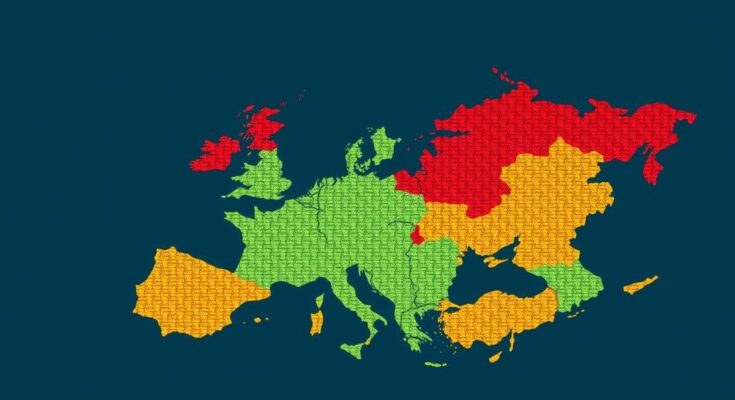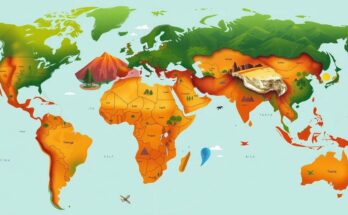During COP29, climate-vulnerable countries walked out of negotiations over a proposed $250 billion annual funding deal, deeming it insufficient compared to the estimated $1 trillion needed for climate adaptation and mitigation by 2035. Sierra Leone’s environment minister highlighted the neglect of poorer countries’ needs in these discussions.
At the recent COP29 climate summit, representatives from developing nations expressed their discontent by walking out of negotiations concerning a proposed funding deal for climate change mitigation. This deal, which suggested allocating $250 billion annually by 2035—an increase from the previous $100 billion goal—was perceived by affected nations as inadequate. Sierra Leone’s environment minister voiced concerns that the needs of poorer nations were not being sufficiently addressed, highlighting the disparity between the pledged funds and the estimated $1 trillion required to effectively combat climate impacts.
Climate change continues to pose significant challenges, particularly for vulnerable nations that often bear the brunt of its effects despite contributing the least to the crisis. Recognizing this, the international community convenes at summits such as COP29 to negotiate funding and support mechanisms aimed at assisting these nations. However, the negotiations often fall short, leading to frustrations among representatives from affected countries as they seek substantial commitments to aid their climate adaptation and mitigation efforts.
The walk-out by climate-vulnerable states at COP29 underscores the urgent need for more robust international financial commitments to support developing nations in their battle against climate change. With experts estimating that $1 trillion per year is necessary, the proposed funds remain insufficient and reflect a disconnect between promises made at such summits and the immediate needs of those most impacted by climate change.
Original Source: www.independent.co.uk




